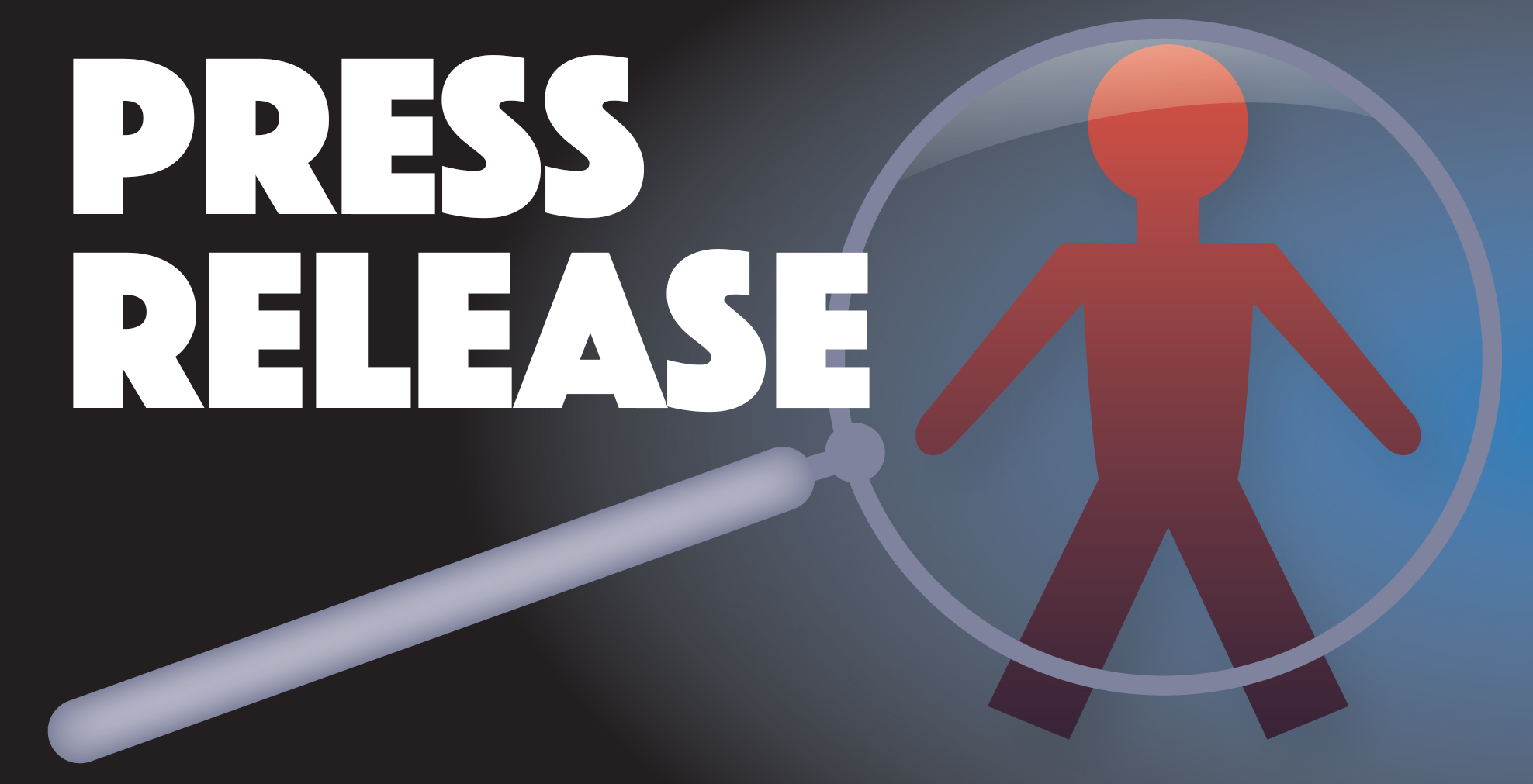
When Bill C-51, the Anti-terrorism Act 2015, was tabled in Parliament this spring, Canada’s leading human rights organizations called for the Bill to be withdrawn. The International Civil Liberties Monitoring Group Amnesty International, the British Columbia Civil Liberties Association, the Canadian Civil Liberties Association, the Canadian Muslim Lawyers Association, La Ligue des Droits et Libertés and the National Council of Canadian Muslims have stated from the outset that the serious human rights shortcomings in Bill C-51 are so numerous and inseparably interrelated that the Bill should be withdrawn in its entirety. We believe that any national security law reform should instead, first, be convincingly demonstrated to be necessary and should then proceed only in a manner that is wholly consistent with the Canadian Charter of Rights and Freedoms and the country’s international human rights obligations.
Disappointingly, Bill C-51 has passed and is poised to become law. But the fight isn’t over yet. Too much is at stake. Over the past few months, we saw public concern and opposition to Bill C-51 grow as Canadians learned more about the Bill and the threat it poses to fundamental rights and freedoms. Now that it has passed, if we are to see the Anti-terrorism Act 2015 repealed, it is crucial that Canadians continue to have conversations in the months to come about security, human rights, and basic freedoms – with each other and with those seeking office in the fall’s federal election. We believe that the government has never made the case for Bill C-51 beyond the simple assertion that it “needs” additional powers to protect public safety. But it has provided no explanation as to why Canada’s spy agency needs unprecedented and troubling disruption powers. It has not made a credible case for the vast, opaque and unaccountable all-of-government information sharing regime Bill C-51 creates. And, it has provided no evidence for how no-fly lists with appeal provisions that lack due process actually improve aviation security and public safety.
